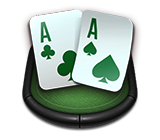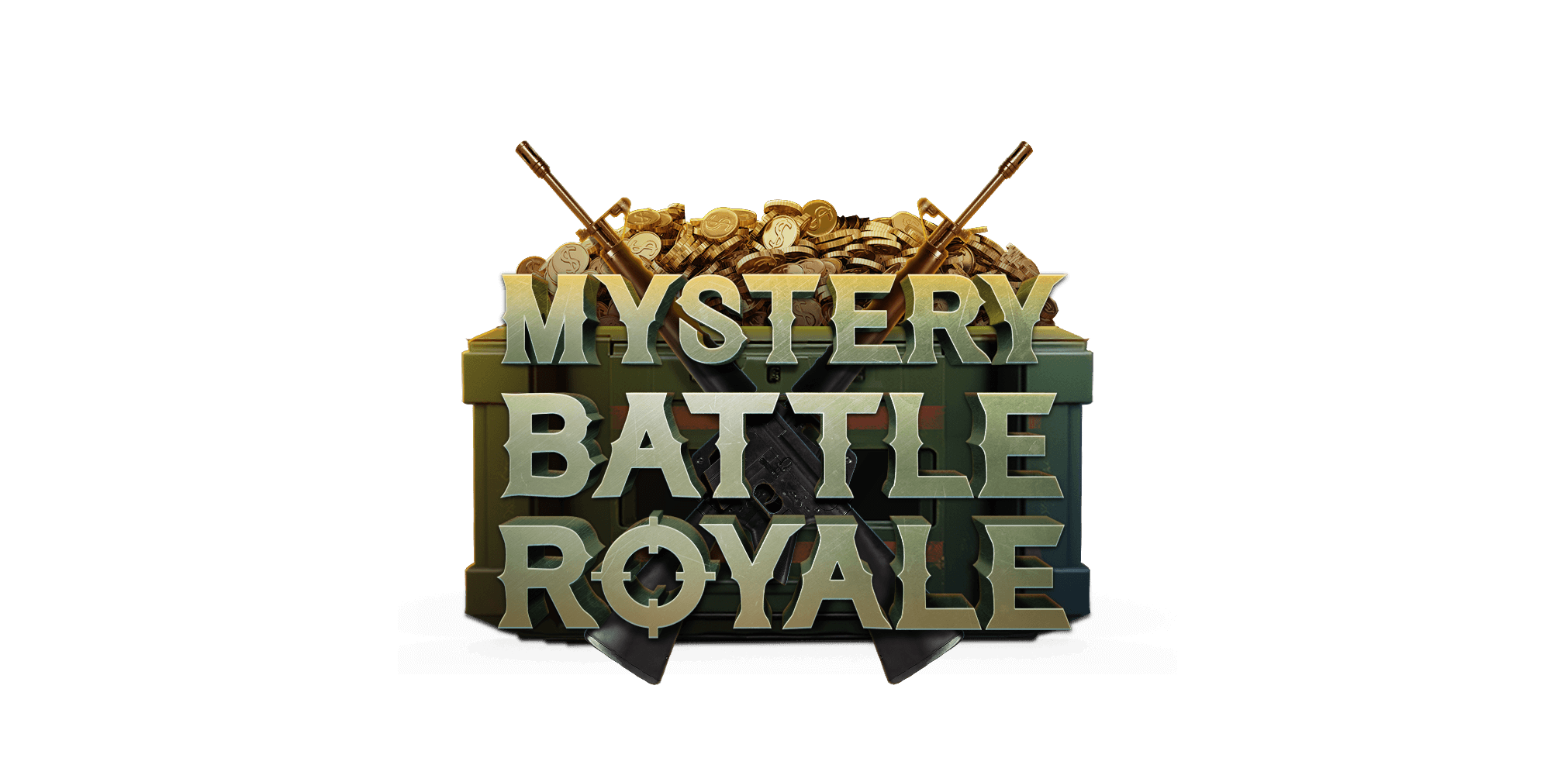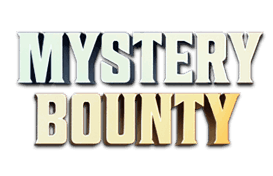
If you’re transitioning from a recreational poker player to one who is taking the game seriously, there are several important changes to make. However, there is one skill in particular that’s more important than any other. Understanding how to properly review hand histories can make or break a player.
It’s often the sole difference between a long-term winner and a losing player. Weaker players complete a session and never think about it again. But the top poker pros constantly analyse their play, reviewing individual hand histories and learning from their mistakes.
In this article, we’ll help strengthen your online game by teaching you exactly how to assess a poker hand history.
What Is a Hand History?
First of all, let’s clarify what we mean by a hand history. All online poker sites keep detailed records of everything that takes place. There are many reasons for doing this, not least to help combat cheating. But from a player’s perspective, it’s a very useful tool, since these hand histories log every single aspect of a hand.
A hand history is a file containing information about your own hole cards. But it also keeps a note of any other player’s cards, assuming they were revealed, plus details of every bet, call, raise, and fold.
Although each poker site approaches things differently, with some more detailed than others, there will always be some sort of records. At Natural8, players can use Pokercraft to easily recap previous hand histories. It’s one of the most user-friendly ways to review your play. And best of all, it’s completely free.
Why Reviewing Hand Histories Is Important
If you’re considering playing professionally, reviewing hand histories is a must. But really, any poker player who wishes to improve must begin to study past hands. Here’s why you’ll never get better until you start.
Spotting Mistakes and Leaks
It doesn’t matter whether you’re talking about playing poker, fixing cars, or becoming a brain surgeon. Self-awareness is a massive part of learning. If you make an error and fail to learn from it, you cannot improve. It’s as simple as that.
The main advantage to reviewing hand histories, therefore, is to pick up on errors that you may not have realised you were making. And of course, once identified, you’ll want to think about how to rectify them.
Something to look out for would be possible betting patterns. Do you always bet smaller amounts with stronger hands? That could be a potential tell for an observant opponent to exploit. Are you bluffing with too high a percentage of hands? If so, you’re likely pouring money into a black hole. Find patterns, assess your decision-making, and look to plug any leaks in your game.
Recognizing Player Tendencies
Spotting patterns in your own play isn’t the only advantage of reviewing hand history. Online poker games tend to be populated by the same faces. If you’re multi-tabling, you can be sure that you’ll see at least a few of the names duplicated at your tables. If you’re coming up against regulars, which you almost certainly will be, you’ll want to do your homework on them.
Do they fold too often? Make sure to target them more frequently with bets and raises. Are they too aggressive with marginal hands? Call them down more often. Does a player fire continuation bets 100% of the time? Give them no respect on the flop. If you can find holes in your own game, you certainly can with the opposition.
Adjusting Strategies
 We’ve just alluded to the fact that you might want to adjust your style against a specific player in a certain spot. But analysing past hands isn’t just about picking off individual players when they make errors. It’s about adjusting your own strategy too, to ensure you don’t become exploitable
We’ve just alluded to the fact that you might want to adjust your style against a specific player in a certain spot. But analysing past hands isn’t just about picking off individual players when they make errors. It’s about adjusting your own strategy too, to ensure you don’t become exploitable
Work to understand concepts like minimum defence frequency, for instance. This is basically the percentage of your range with which you’re obliged to continue to stop an opponent from profiting with a bluff. By learning the tendencies of your opponent, you can adjust your defence frequencies and become unexploitable.
Long-Term Growth
An undervalued aspect of studying hand histories is to track your own personal development. It’s easy to get stuck in a rut and feel you’re not making any progress. Especially when things are going against you, like if you’re experiencing a downswing.
By reminding yourself just how far you’ve come, you can always find some positivity and motivation during low points. Becoming a successful poker player is as much about your mentality as anything else. Don’t overlook the benefits of reminding yourself that you’re on an upward trend.
How to Effectively Review a Hand History
Okay, we’ve sold it to you that reviewing poker hand histories is critical if you’re ever going to improve as a player. But how exactly should you go about your post-session hand analysis? Let’s find out.
Keep Accurate Records
First things first, you can’t assess a session properly if you don’t keep accurate records. While all poker sites do offer hand histories, they approach things in different ways. Some only make a limited number available. Others aren’t especially detailed. If that’s the case, you’ll want to consider paid-for hand-tracking software.
Playing at Natural8 makes life very easy since you have access to an in-built tracking tool called Pokercraft. This free software boasts an easy-to-use interface, making study sessions as convenient as possible.
Develop a Routine
Secondly, getting into a routine is vital. After playing for a long time, it's tempting to say that you’re too tired to study. If it’s been a losing session, you can easily feel like sulking. However, you cannot put it off. Integrating a period of post-play hand reviews is crucial.
Set aside a period of time for study immediately after every session, so that it becomes second nature. Make sure you don’t have any distractions and definitely don’t drink alcohol while reviewing your hand histories! To start with, dedicate a minimum of three hours spread across the week for study time. The more you do it, the better you’ll become.
Vary Your Hand Selection
Don’t stick to the same types of scenarios when studying. You might feel that there’s a specific area of your game you need to work on, and that’s fine. But it’s often the situations where you think you were perfect that throw up errors.
Maybe you consistently win with suited aces in early position. The real question though, is are you extracting enough value when you take down those pots? If not, that’s the type of leak that will go unnoticed unless you consider every single aspect of your game thoroughly.
Use Calculator Tools

Pretty much every big decision you’ll ever make in poker requires some kind of mathematical calculation. So unless you have Rain Man levels of genius, you’ll probably want to fire up some calculation tools.
Power-Equilab and PokerStove are a couple of terrific equity calculators that are freely available online. You can also look into paid-for tools like Flopzilla. These are the kinds of programs you’ll need to start performing in-depth analysis at a high level.
Remain Emotionally Detached
When reviewing hand histories, it’s important to keep an open mind. Believing that you have a certain strength or weakness going into a study season isn’t a great idea. Let the facts do the talking.
Similarly, it’s important not to overreact when spotting a leak or a pattern. Yes, you’ll want to address it as quickly as possible. But don’t go too far in the opposite direction and create a new problem. Try to remain balanced and free of emotion, in order to maximise the results of your hand analysis.
Some people like to look at hands through different lenses. Imagine you’re a huge pessimist. What would that person think about this particular hand history? How about an optimist? Would they bring a different approach to the hand?
Share With Others
Creating different personas is one way to tackle your study sessions and it works well for some players. But there’s no substitute for getting the opinions of real-life players from all walks of life.
It’s important to discuss hand histories with friends that you trust to tell you the truth. But getting the view of outsiders can also be useful. Check out poker forums online for a fresh perspective when discussing hands.
Conclusion
Reviewing poker hand histories is one of the most important things you can do to make yourself a better online player. Incorporating regular study sessions is the only way you’ll ever identify leaks and exploitable patterns in your own strategy. What’s more, it’ll help you identify the weaknesses of your regular opponents, too.
When playing at Natural8, make sure you check out the free Pokercraft software and elevate your game to the next level.

.webp)




























